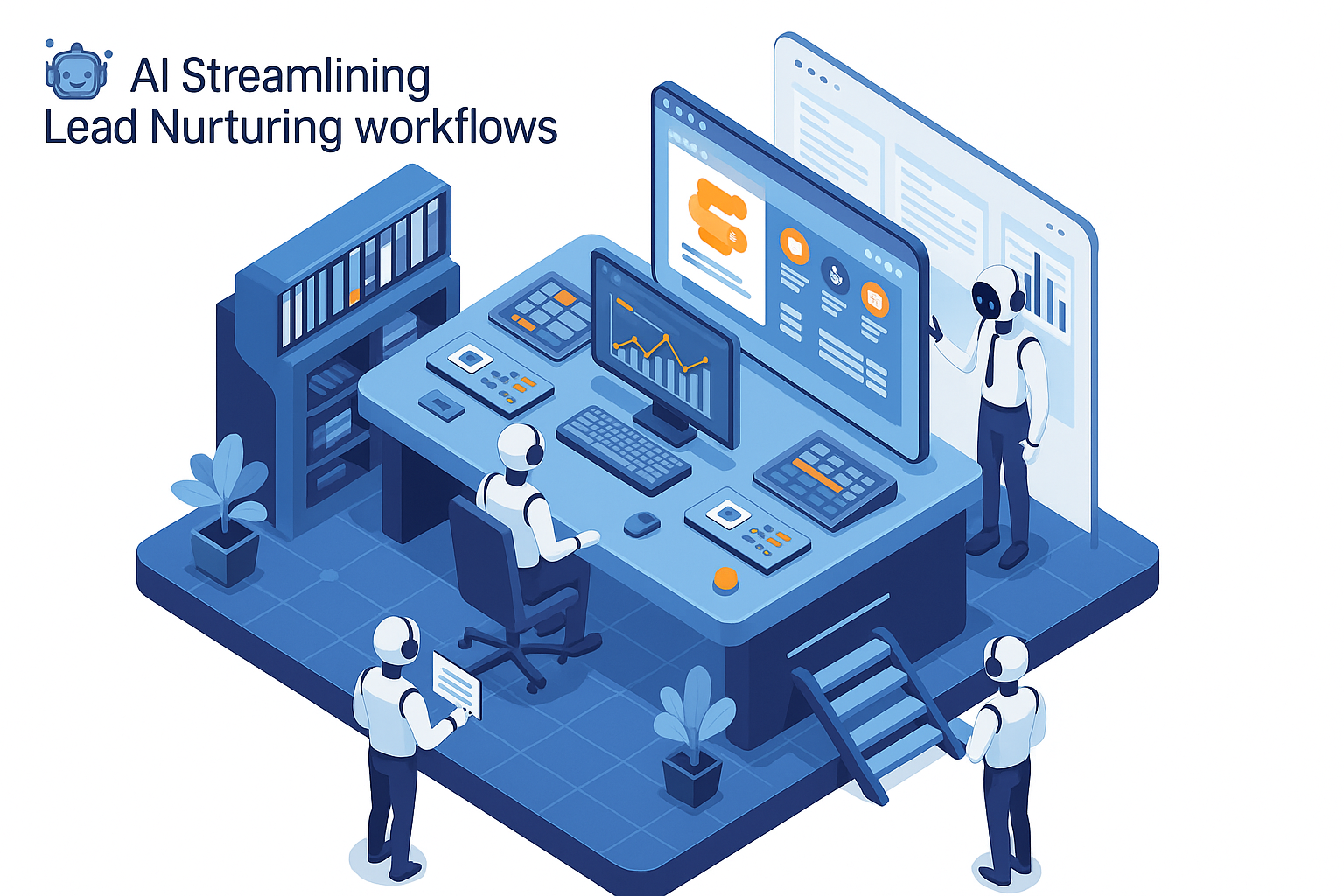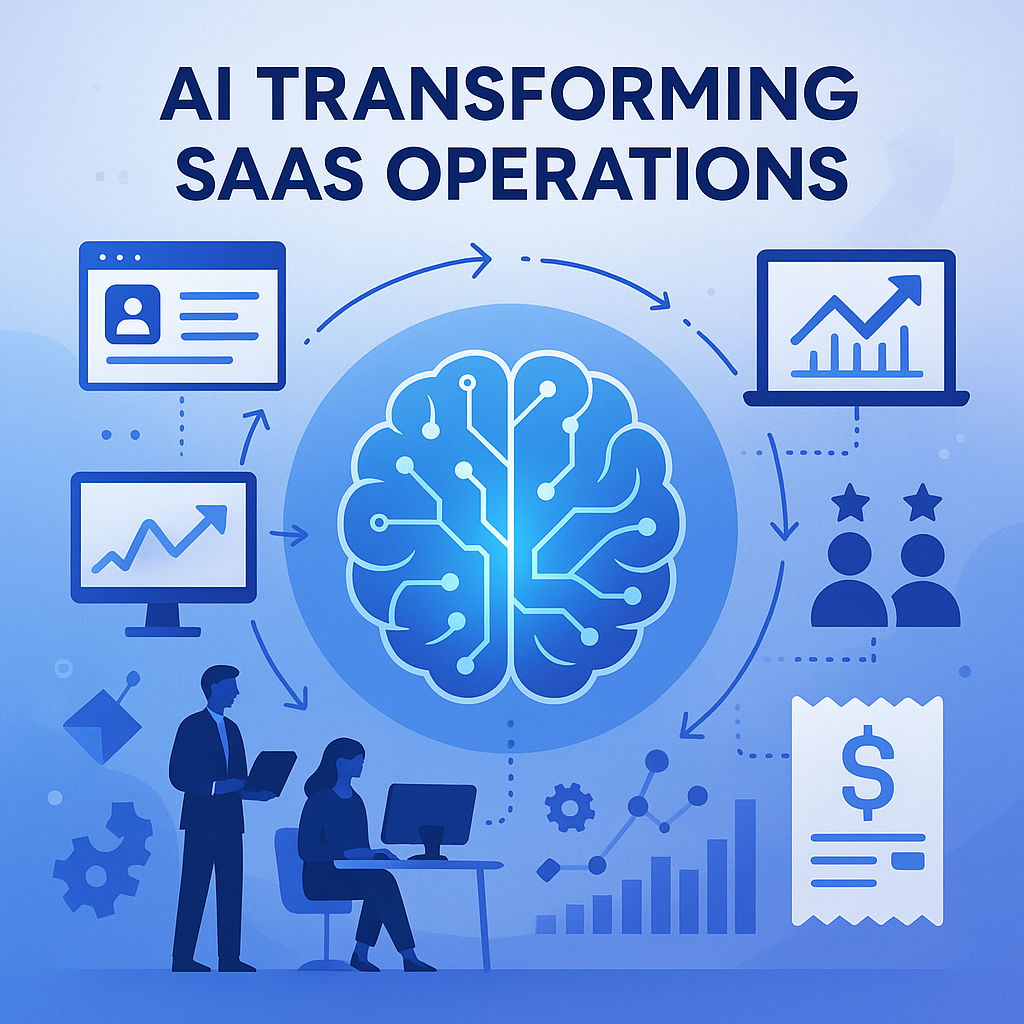Introduction
Before no-code tools were popular, developers had to hard-code programming scripts to enable even the simplest workflow automation or build a new software feature.
For a long time, developing a good software product was an elite sport — reserved for pro-coders who possessed the esoteric skills to design, build, and maintain software applications from start to finish.
Today, no-code tools are all the rage given their efficiency, low cost, speed, and ease of access. These days, you will find no-code tools for almost all business use cases — ranging from creating basic form builders to building enterprise-grade platforms.
Tips
What are No-Code Tools?
No-code tools are software platforms that enable individuals to build apps, automate processes, and create tech solutions using visual interfaces, pre-built templates, and drag-and-drop functionality — even if the users have zero coding expertise.
No-code platforms democratize technology and accelerate development — making it accessible and efficient for all business users to become app developers.
No-code tools have reached a level of maturity where you can use them to automate complex business processes, gain advanced data analytics, and support multi-platform app integrations. No-code platforms have transitioned from offering basic capabilities to building advanced security features — allowing both professional IT teams and non-technical citizen developers to configure software apps to their heart’s liking.
If you assemble the right set of no-code tools in your software stack, you can build a promising product-based startup from scratch or scale your existing business to the next level.
At Konnectify, we talk to several businesses on a regular basis that use a wide range of no-code tools to stay agile. Based on our research, there are six no-code tools that can benefit any tech business wanting to accelerate its time-to-market, empower its non-tech staff, keep costs low, and scale at a rapid pace.
1. Konnectify – Your All-in-One iPaaS Solution
Konnectify is a brand new iPaaS (integration platform-as-a-service) and embedded iPaaS solution provider that’s helping brands like Gong, Freshworks, and SurveyMonkey extend their product capabilities. Konnectify’s no-code capabilities cater to a wide range of business use cases ranging from simple automation needs to advanced app integrations.
Its user-friendly interface and intuitive workflow builder make it accessible to users with varying levels of technical expertise. Konnectify combines the power of automation with simplicity, allowing you to configure all kinds of workflows and making it suitable for businesses of all sizes.
Unlike most iPaaS vendors that stop short of providing app integration capabilities, Konnectify has its own embedded integration marketplace — Konnectify Embedded Marketplace or KOEMP. Konnecity’s logic behind building KOEMP is simple: With the growing popularity of app marketplaces, fast-growing businesses today want native integrations.
KOEMP helps businesses build deep product integrations across their industry and an app marketplace of their own — without the need for writing a single line of code.4

Konnectify offers competitive and transparent pricing that distinguishes it from other iPaaS leaders like Zapier and Workato. The zero code integration platform offers value for businesses looking to optimize their integrations without stretching their tech investment.
Pro-Tip
Konnectify also has a drag-and-drop form builder that lets you build custom forms from a wide range of elements like text fields, checkboxes, radio buttons, dropdowns, file uploads, etc.
Once you create the form, you can embed it in your CMS, CRM, and other digital interfaces to improve your lead gen or customer support experience — without spending extra money to buy a new form builder.
2. Bubble.io – Rapid App Development
Bubble.io is a no-code web development platform that allows businesses to create web apps without the need for traditional coding. Bubble.io offers a highly intuitive and visual development environment. You can use its simple drag-and-drop interface to create digital products quickly and easily.
Thousands of businesses — especially startups with finite tech budgets — leverage Bubble to build product prototypes, launch finished web apps, iterate changes quickly, and scale their product development at a fraction of the cost of the traditional method of software development. Bubble.io offers a free tier and affordable paid plans starting from $29 a month.
The platform supports responsive design, which means you can build apps that adapt to various devices and screen sizes. It’s easy to deploy and maintain apps built on Bubble because it provides its own hosting services eliminating the need for you to look for another server infrastructure.
Most importantly, Bubble has an extensive marketplace for plugins and integrations that lets you extend the platform’s capabilities and take advantage of other apps connected to Bubble through its APIs.

3. Notion – Centralized Knowledge Management
Notion is a favorite all-in-one platform for productivity nerds. It's a no-code collaboration app that offers all kinds of features such as note-taking, project management, and database functionality. With Notion, you can create and organize content, collaborate with colleagues from across your organization, and build custom apps and databases.
You can use Notion either as a web app or on desktop and mobile apps — whatever is easier for you to access your work in Notion and from any device. Its ease-to-use interface and extensive template library make it an excellent choice for individuals and teams across various industries.
But you don’t necessarily have to use Notion’s templates to make the most out of it. You can use Notion as a blank canvas to build a variety of digital assets — like project management dashboards, knowledge bases, personal to-do lists, or wikis.
Its wiki capabilities are exceptional, too. Notion's database functionality enables you to link data across different pages — so that you can organize and filter data when building complex apps and knowledge bases.
Like all other apps in this list, Notion integrates with 72+ apps across various categories to allow users to extend its platform capabilities and be more productive.

Pro-Tip
Integrate Notify + Konnectify to improve your productivity, stay organized, and automate your data flow.
4. Webflow – Professional Website Design
Webflow is a popular no-code web design and development platform that enables its users to create custom websites and web apps with a visual interface. Webflow offers great flexibility for you to design, build, and launch responsive and professional websites efficiently.
Its visually intuitive interface and robust CMS (content management software )capabilities make it an excellent choice for growing businesses to grow their online presence and rapidly iterate their online assets to adapt to evolving market trends.
<no. of customers>
Webflow users have granular control over every aspect of their websites — from layout and animations to responsive design. Like Bubble, Webflow provides its own hosting services so that you don’t have to look for third-party hosting solutions outside of the platform. It also scales with the growing needs of your businesses — making it a perfect choice for startups and enterprises alike.
The price is reasonable too — starting from $14 a month paid plan. It also offers a free forever plan for users to sample Webflow’s no-code platform capabilities.
For businesses that want to grow their organic marketing presence, Webflow offers out-of-the-box SEO capabilities to customize meta tags, headers, 301 redirects, and other features to ensure visibility across search engines.
Webflow also has a rich resource center for integration and a thriving integration marketplace for connecting powerful tools to your Webflow site.

5. Airtable – Data-Driven Decision Making
Airtable is a no-code platform that you can use for managing various tasks such as project management, contact databases, task lists, and document management. Airtable combines the power of databases and spreadsheets to help you plan projects, create tasks, collaborate on them, define dependencies, and prioritize assignments.
The platform also offers a library of templates and pre-built “blocks” that lets you create common apps quickly like project management dashboards or content calendars — without any development effort.
For teams, Airtable facilitates real-time collaboration and enables people across teams to exchange data, work on databases simultaneously, and assign tasks to each other efficiently.
Airtable's intuitive interface is easy to customize with rich field types, attachments, links between records, and conditional formatting — things you can tailor to fit your specific needs.
Airtable has a growing list of apps it integrates with to help you build more powerful applications beyond the platform’s limitations and connect your critical business information with your favorite tools outside of Airtable.
The cost is affordable too. Its free plans leave much to be desired, but the paid plans start at $20 per seat per month.

Pro-Tip:
Want to improve your productivity with Airtable? Integrate Airtable + Konnectify and create Triggers, Actions, and Lookups to streamline your workflow.
6. Landbot – Conversational Chatbots for Customer Engagement
Landbot is a no-code chatbot and conversation automation platform that empowers you to create interactive chatbots and improve your customer engagement. It facilitates real-time conversations with website visitors or existing customers through a chat-like interface — allowing your brand to automate lead generation, sign-ups, and customer support.
Landbot's visual builder is easy to build and deploy across websites and messaging platforms. A drag-and-drop interface is table stakes when it comes to any no-code platform — and Lanbot is no exception to that rule. Landbot offers a user-friendly, drag-and-drop chatbot builder that allows you to create conversational chatbots suitable for your business use cases.
Landbot supports multi-channel engagement such as websites and messaging apps so that you can reach your customers wherever they are.
Landbot also lets you build automated flows with conditional logic, complex formulas, and rich media to create an interactive chatbot experience. It integrates with various third-party tools like WordPress, Shopify, Webflow, WhatsApp, Airtable, Calendly, Slack, and HubSpot.
With Landbot’s chatbot analytics capabilities, you can set goals, view reports, and monitor performance to minimize website drop-offs and refine your engagement strategies.
Landbot has different pricing plans for website chatbots and WhatsApp. It offers a free version while its paid plans start at $39/month for website chatbots and $169 a month for WhatsApp bots. It doesn’t have a free version for WhatsApp chatbots.

Ready To Level Up Your Business?
No-code tools offer transformative value to non-tech professionals across industries to drive innovation and efficiency.
You can use the no-code platforms listed above for a wide range of use cases — from creating quick product prototypes to automating your advanced business workflows. When you assemble the right set of no-code tools together, you can rapidly scale your business and take it to new heights in no time.
If you are looking to scale your business, don’t overlook the importance of integrating your software techstack. Integrations allow no-code platforms to connect with various external services, apps, and data sources. Integration works like a connective tissue to ensure a seamless flow of data across different systems — eliminating the need for manual data entry and minimizing the chances of errors.
Ready to take your business to the next level? Sign up with Konnectify to integrate your software techstack and automate your everyday workflows.






